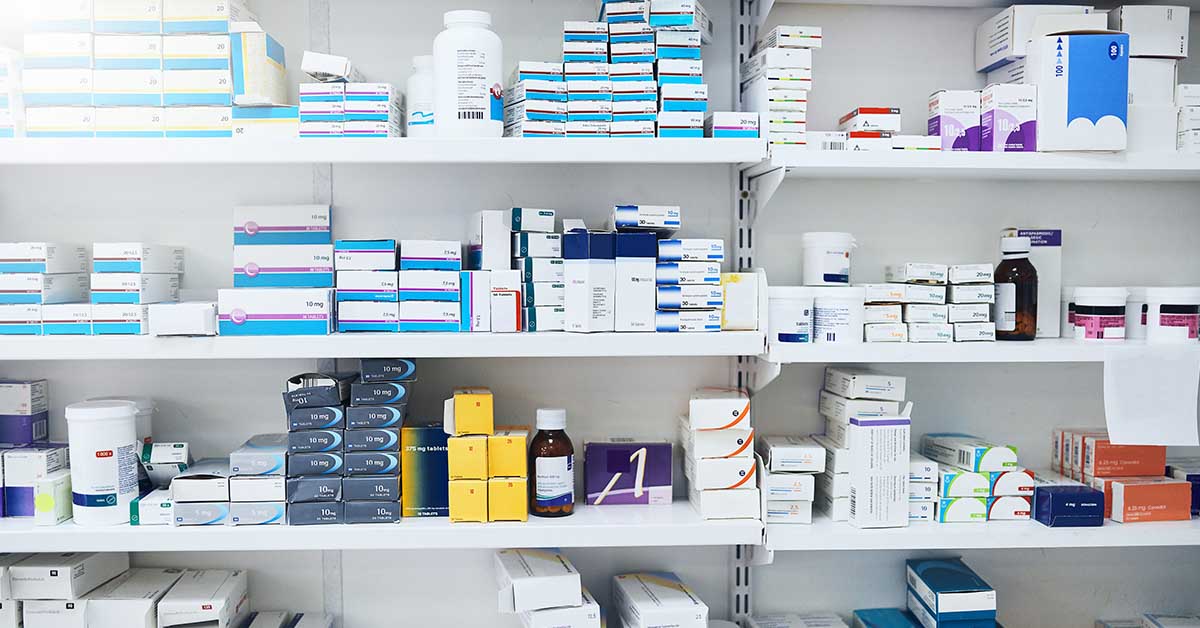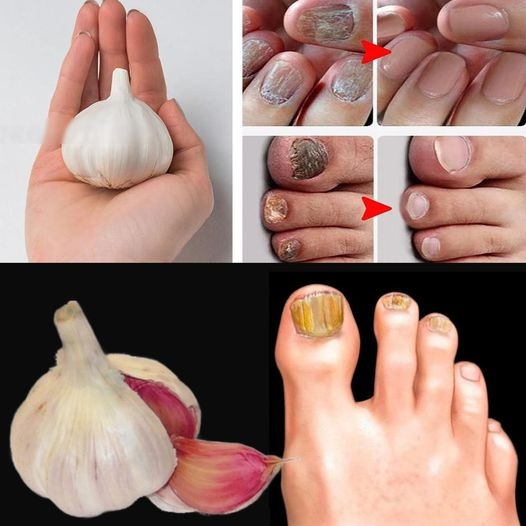A massive recall of over 600,000 bottles of Ramipril, a blood pressure medication, has sent shockwaves across the United States. The recall, initiated by Lupin Pharmaceuticals Inc., was prompted by deviations from good manufacturing standards at a facility in India. This incident highlights the pressing need for robust quality control in the pharmaceutical industry.
The recalled medication, which includes 2.5 mg, 5 mg, and 10 mg capsules, has expiration dates ranging from now until July 2026. The FDA has classified this recall as Class II, indicating a low risk to public health, but still posing a potential threat of temporary or medically reversible adverse health consequences.

This recall underscores the vulnerabilities of global supply chains and the importance of verifying suppliers. An FDA spokesperson emphasized that “this recall demonstrates the risks of relying on unverified suppliers for critical ingredients.”
Ramipril is a crucial medication for managing high blood pressure and preventing cardiovascular events. With over 2.4 million patients in the US relying on this medication annually, the recall’s impact is far-reaching. Patients across the country are affected, as the recalled bottles were distributed by over 30 vendors nationwide.

While no adverse effects have been reported, patients are advised to consult their healthcare providers for guidance and alternative medications. A healthcare expert stressed that prompt action is necessary to ensure patient safety and maintain treatment continuity.
This recall adds to growing concerns over the quality of imported medications. Recent issues with clonazepam and ibuprofen have amplified calls for increased regulatory oversight of overseas manufacturing.
The pharmaceutical industry is under pressure to prioritize safety and transparency. The recall of other medications, such as cinacalcet pills and tainted eye drops, has highlighted systemic weaknesses in industrial facility supervision, particularly overseas.

Manufacturers must adhere to the highest quality standards to maintain public trust in medications. A regulatory expert emphasized that the industry must adopt a proactive approach to ensure life-saving medications like Ramipril remain safe and effective. Consumers are encouraged to stay informed by familiarizing themselves with FDA recall letters and engaging proactively with healthcare providers.
The recall of over half a million bottles of Ramipril serves as a stark reminder of the shared responsibility between patients, regulators, and manufacturers to protect public health. While the short-term risks are low, the long-term consequences of such breaches could erode trust in essential treatments.
Patients affected by this recall are urged to consult their physicians promptly and explore alternative treatments. Through increased vigilance, the goal is to make such incidents less common, enhancing both pharmaceutical safety and patient confidence.


